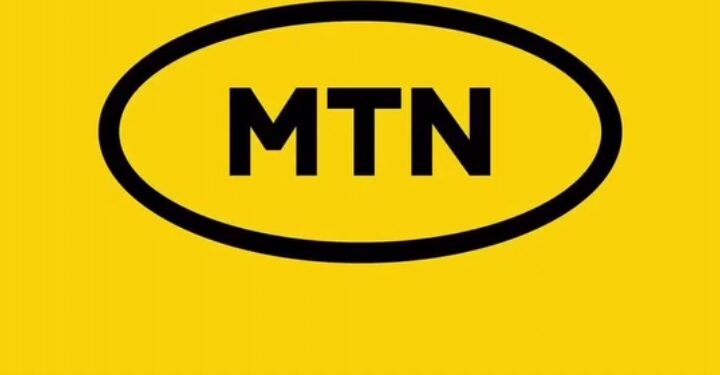MTN recently released its unaudited financial statement for the first half of 2024, covering the period from January to June. The report highlights a financial loss attributed largely to the revaluation of foreign currency obligations. Specifically, the naira depreciated from approximately N907 to N1,505 during this period.
Despite these challenges, MTN, Nigeria’s largest company by market value, achieved a revenue growth of 32.6%, reaching N1.5 trillion. However, forex losses impacted the financial statement, resulting in a deficit of approximately N887.7 billion.
Karl Toriola, CEO of MTN Nigeria, underscored the difficult operating environment. In addition to currency depreciation, Toriola cited inflation as a significant concern, noting that the inflation rate peaked at 32.4% in June, with an average rate of 32.8% for the first half of the year. Without the forex losses, MTN could have reported a profit of around N102.3 billion.
These conditions have led to increased operational costs for telecommunications companies and other businesses in Nigeria. The higher prices for imported equipment and services have altered the cost structure of telecommunications operations.
Rising operational costs, driven by inflation and currency volatility, have affected the profitability of major companies, compelling them to balance maintaining high-quality infrastructure with the challenge of offering affordable services.
For shareholders, MTN Nigeria’s financial loss might impact short-term dividend payouts. However, the company’s revenue growth and strategic initiatives are expected to restore profitability in the long term. Economic pressures may also lead to pricing adjustments as MTN aims to balance affordability with sustainability.





















































